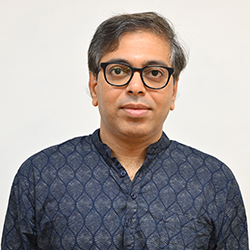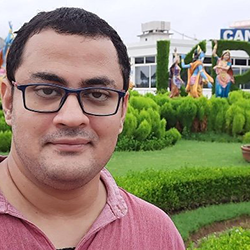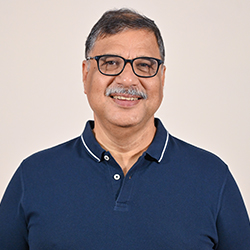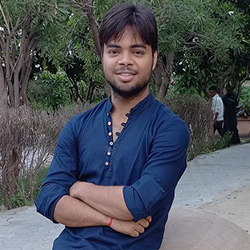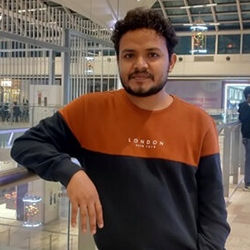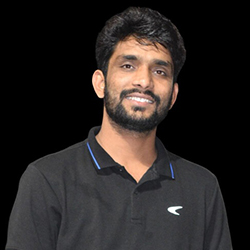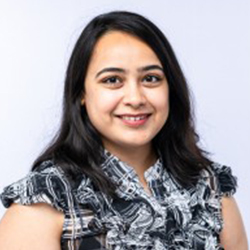Research
State of the art research facilities available in the department
Teaching
India's top most instructors ready to guide in various fields of Physics
Outreach
Outreach activities going on through out the year in the department
Current and Upcoming Events
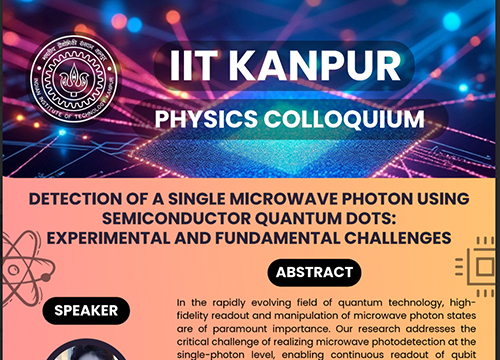
Prof. Subhomoy Haldar (IITK)
7 March 2025 (5:15 PM)
FB 382 (Amal Kumar Raychaudhuri Seminar Room)
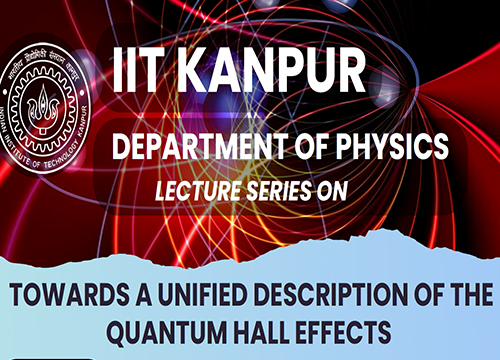
Distinguished Lecture SeriesTowards a unified description of the Quantum Hall Effects
Prof. Ajit C. Balram (IMSC, Chennai)
5-6 March 2025 (11:30 AM)
FB 382 (Amal Kumar Raychaudhuri Seminar Room)











